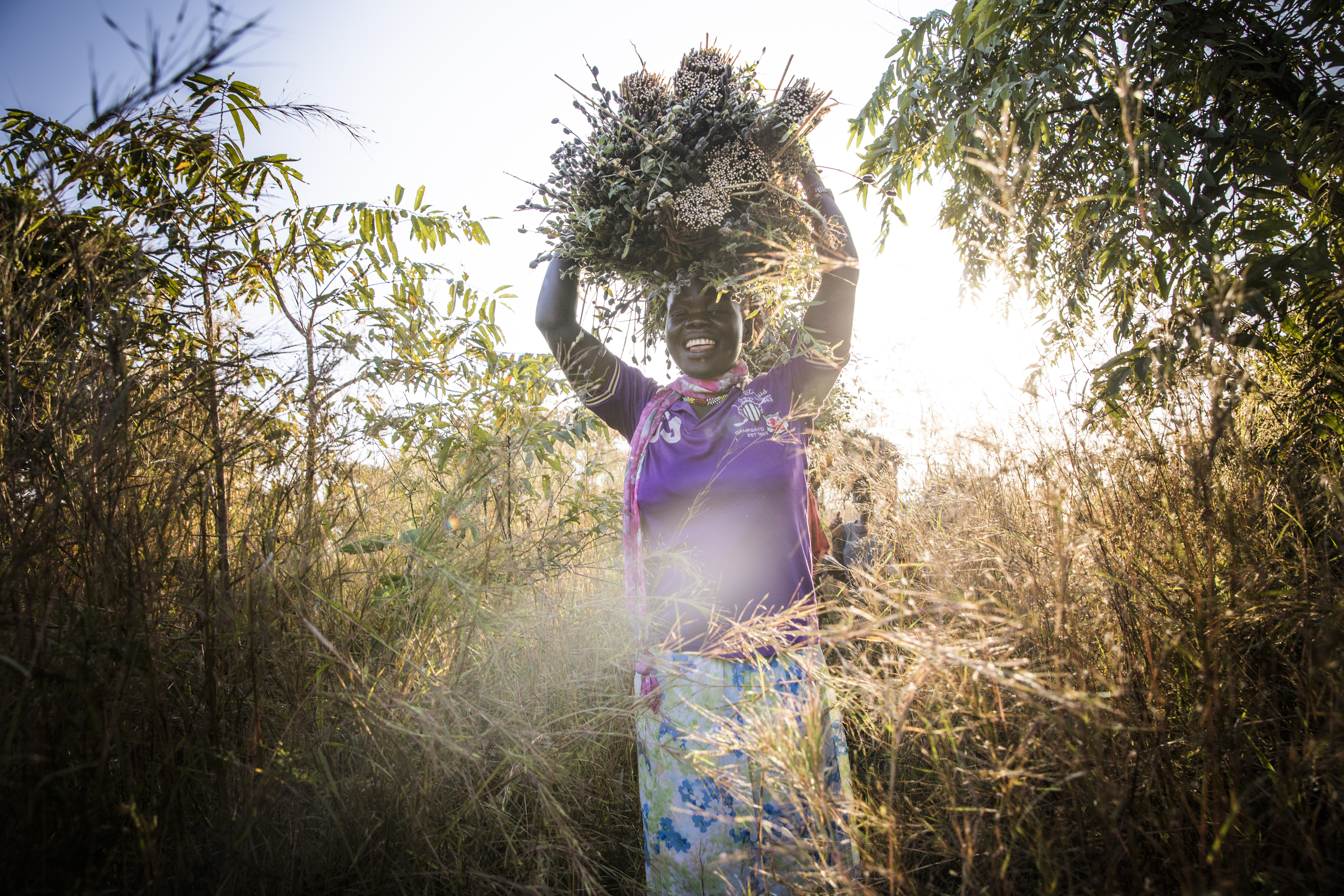Access to clean energy technologies set to boost livelihoods of women entrepreneurs in rural Senegal and Benin
Lack of access to efficient electrical tools and appliances is a major barrier for women entrepreneurs seeking to improve their productivity in marginalised off-grid rural regions across sub-Saharan Africa. With funding from the Women’s Philanthropy Group within Mercy Corps, Energy 4 Impact will help smallholder women farmers and rural entrepreneurs in Senegal and Benin gain access to clean energy technologies as part of the new Productive Horticulture Solutions for Senegal and Benin that Leverage Clean Energy (POSSIBLE) programme. Deploying productive use of energy appliances will not only enable participating entrepreneurs to capitalise on more economic opportunities, but it will also increase local food and water security whilst bolstering their resilience to climate change.
The programme builds upon the success of previous and current women-focused energy access and productive use of energy programmes delivered by Energy 4 Impact in Senegal and Benin. Over the next 12 months, POSSIBLE will promote and facilitate access to technologies such as biogas, solar irrigation, solar-powered refrigeration and processing (e.g. drying and milling).
Such technologies offer critical advantages to women entrepreneurs in regions hit hard by the impacts of climate change. As rainfall become more erratic, solar irrigation reduces farmer dependence on rain-fed agriculture, enabling them to produce healthier crops with increased yields by using water from local rivers and lakes. Solar refrigeration allows farmers to drastically reduce the typically high levels of on-farm wastage of produce which jeopardises local food security. Efficient processing equipment also reduces the need for onerous physical labour whilst also improving the overall quality and saleability of produce. The efficiencies created by productive use of energy technologies frees up time for women and girls that can then be diverted towards other productive or educational activities.
Cecilia Ragazzi, Mercy Corps’ Director of Energy Access says:
By the end of the programme, we expect that 150 smallholder women farmers and micro, small and medium enterprises in rural Benin and Senegal will be using renewable energy applications and technologies more confidently. With that technology in place, women are better positioned to increase their productivity, contribute to the economy of their communities, increase rural incomes, provide more economic security for their families, and create more jobs.

